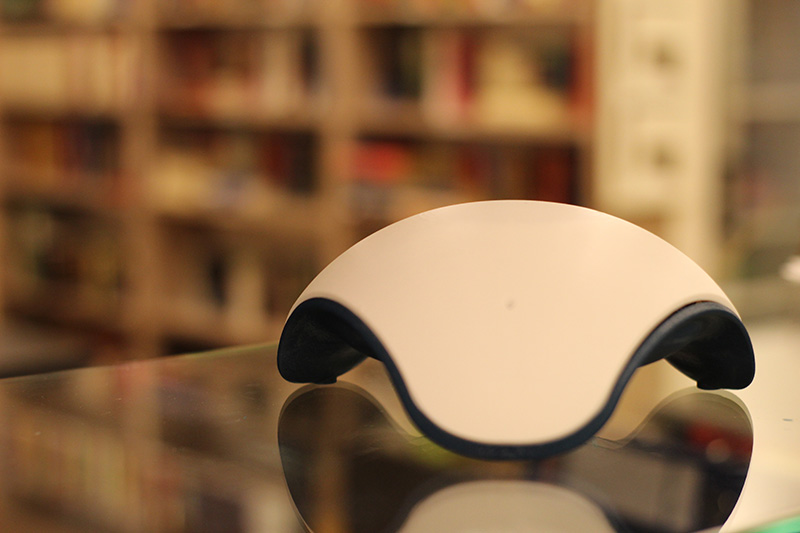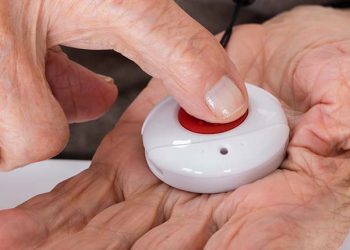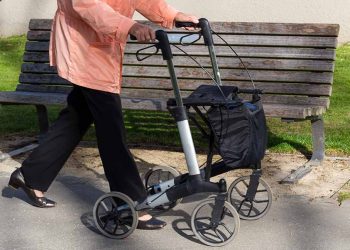Dieser Beitrag ist auch verfügbar auf:
Deutsch
AI-supported assistance systems use artificial intelligence (AI) to support people in their everyday lives and improve their quality of life. These systems analyze data, learn from experience and adapt to individual needs. They are becoming increasingly important in the care and healthcare sector.
Advantages for older people
Support in everyday life: AI-supported voice assistants, smart home systems or robots help with everyday tasks such as switching devices on and off, controlling lighting or reminding people of important appointments.
Early health monitoring: AI-based systems can analyze vital data such as blood pressure, heart rate or movement patterns and automatically inform caregivers or relatives in the event of abnormalities.
Fall prevention and emergency detection: Intelligent sensors and cameras detect unusual movements or falls and automatically trigger an alarm in an emergency.
Emotional support and social interaction: AI-supported chatbots or robots provide entertainment, hold conversations and help to avoid social isolation.
Personalized care planning: By analyzing health data, individual care plans can be created that take into account the needs and preferences of older people.
Increased safety and independence: AI-supported systems help older people to live independently in their own homes for longer while ensuring their safety.
Image: The “Clou” combines information into an overall picture and reacts individually tailored to the user. Photo credit: uCORE Systems GmbH
Author: Anja Herberth
Chefredakteurin
















